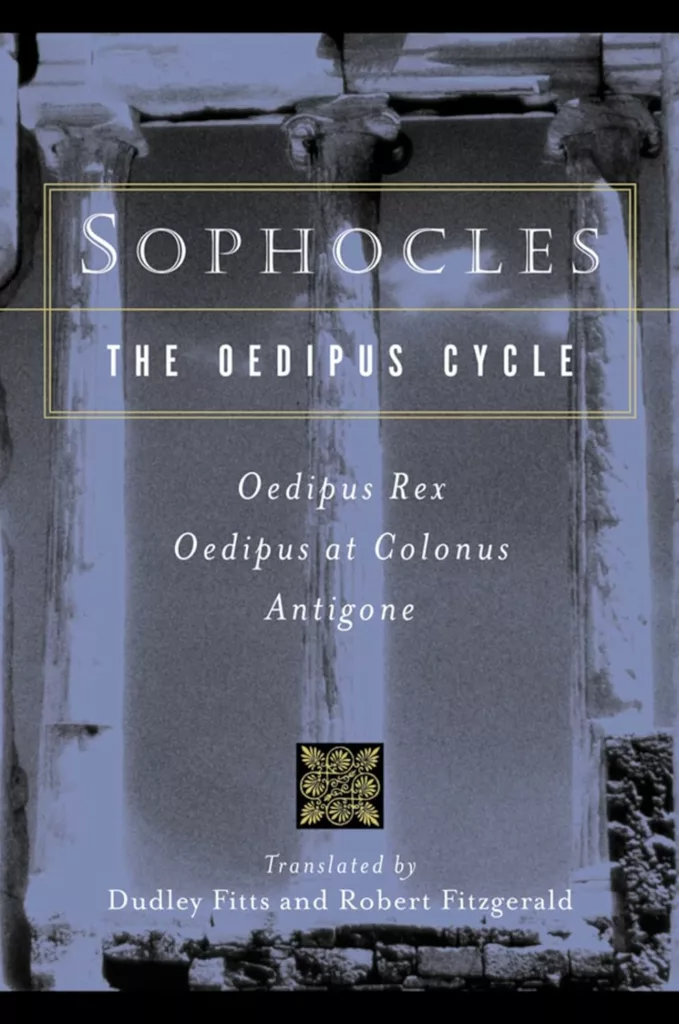Tiresias, let sleep overcome you:
It is evening now,
And you’ve talked too much.
Slaves erected palaces,
magnified mountains,
stretched out tends to hide the Sun,
And at the end,
They, too, trembled in the shadows.
But your infant’s eyes have not seen
And you, sitting under an emerald ilex,
you kept talking,
in the company of a goat
And of your little flute.
For you, the horizon has remained distended:
Nor obelisks or spears of war
Made shaggy the back of the ox.
The distant mountains concupted reedy clouds,
And countless smoky winds
dispersed songs and silences,
In the wake of autumn flocks.
Where did you go, my friend from the East?
In the North
Or still toward the temples of Apollo?
It is distressing at night for me,
Under a holm oak tree that never made shade,
Among people who pray and then run away.
It is painful to remember Oedipus:
I am still tearing up and can feel him,
Lost down in the valley.
Look for Jocasta in dreams and fall forward,
Like a willow tree tormented by the wind.
He kisses the ground where he killed his father,
blood vapors intoxicate him
And, weary, when caravans encamp,
He still touches the stained dagger.
Clutching his head,
tries in vain to cry,
And as he curses every stone,
recalls Corinth and its games,
athletes and handmaidens,
the banquets and cures,
And seeks the abyss where the echo doesn’t return.
Oh, my friend from the East,
Know it before you sit under the holm oak tree with me:
God speaks only to the exhausted,
To the withered trunks now streaked with blue,
To mountain goats and pigs,
And perhaps, even to that sinful man,
The one who, hungry, stole the calf from the temple.
God seeks no more praise, my friend from the East,
But only unfathomable eyes of man.
Deposit for legal protection with Patamu: certificate
A brief note on the character of Tiresias in Sophocles’ Oedipus Rex
In Sophocles’ tragedy “Oedipus Rex,” Tiresias emerges as a compelling character with wisdom rooted in his unique circumstances. Despite his blindness, Tiresias possesses a profound insight derived from his age and life experiences. This combination of attributes grants him a deep understanding of the human condition and the ability to see beyond the physical realm.
Tiresias, having lived for many years, has witnessed the rise and fall of civilizations, watched countless individuals succumb to their flaws, and observed the consequences of their actions. His blindness, instead of being a hindrance, has sharpened his other senses, enabling him to perceive truths that elude those with sight. His lack of physical vision serves as a metaphor for the blindness of others to the realities around them.

Tiresias’ wisdom goes beyond mere foresight; it includes a deep understanding of the human psyche. He understands the complexities of human nature, recognizing the flaws and desires that drive individuals to act in specific ways. Through his interactions with other characters, such as Oedipus, Tiresias conveys his wisdom, offering guidance and warnings that are often ignored or dismissed.
If you like this poem, you can always donate to support my activity! One coffee is enough! And don’t forget to subscribe to my weekly newsletter!


